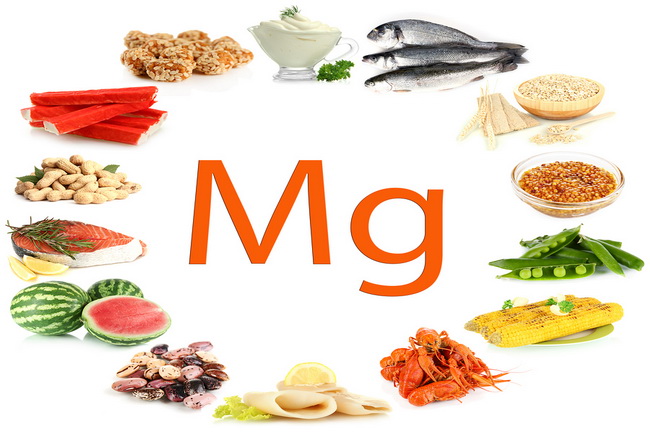- Make It Yourself Lavender Heart-Shaped Bath Bombs!
- 20 Things You Never Knew About “Down There”
- 12 Best Foods For Those Suffering From Arthritis Pain
- 12 Personal Hygiene Mistakes Almost Everyone Makes (Mom Never Told You About #4!)
- 15 Medicinal Plants And Herbs From The Cherokee People
- 12 Mind-Blowing Benefits Of Drinking Coconut Water During Pregnancy
- 12 Outstanding Winter Foods That Won’t Fatten You Up Like A Christmas Turkey
Best Foods To Eat And Which To Avoid To Help With ADHD

Photo credit: bigstock.com
Foods That Help ADHD Symptoms:
1. Protein
When you cut out simple carbs and sugars from your child’s diet, replace them with high protein choices. Foods such as eggs, beans, pork, lean beef, and soy can have a very beneficial effects on those with ADHD. Foods that are high in protein help the body to make neurotransmitters, which are chemicals that the brain uses so that cells can communicate with each other. Protein filled meals and snacks will also help to prevent spikes in blood sugar, which increases hyperactivity.
2. Goat Milk and Goat Cheese
If you have never tried goat’s milk, you will be pleasantly surprised. Most people believe that goat’s milk will smell, well, like a goat! But it doesn’t. If you want to cut out dairy in hopes of seeing an improvement in your child’s behavior but worry about their calcium intake, give them goat’s milk and goat cheese instead. The strange thing about goat’s milk is that no matter how cow’s milk might affect someone, no one seems to be allergic to goat’s milk. Try it. Then give it to your child. Tell them that the family is changing to dinosaur milk. Kids always love eating or drinking something they think is “cool”.
3. Magnesium and Zinc
These two minerals play a very important part in managing ADHD symptoms. They are essential to the body and most Americans are deficient in these minerals due to our modern day farming methods. Zinc regulates dopamine, a vital neurotransmitter. Magnesium is also used by the body to make neurotransmitters and helps to calm the brain. One Brazil nut each day will give your child all the zinc they need for the day. Magnesium is difficult for the body to absorb via supplements so add some Epsom salts to your child’s bath three times each week.
4. Omega-3 Fatty Acids
These have been shown in several recent studies to help control ADHD symptoms. A body that does not have sufficient levels of omega-3 fatty acids is like a car not running on all of its cylinders. It might run, but not very well. For proper brain function, the body must get omega-3 fatty acids in the diet. The body does not make this fatty acid, which is why it is called an essential fatty acid. Children under 10 need about 1,000 mgs each day and older children need about 2,000 mgs each day. Offer a safe fish to eat to your child, cook it twice or three times each week, or talk to your doctor about a supplement.
Continue to Page 4































